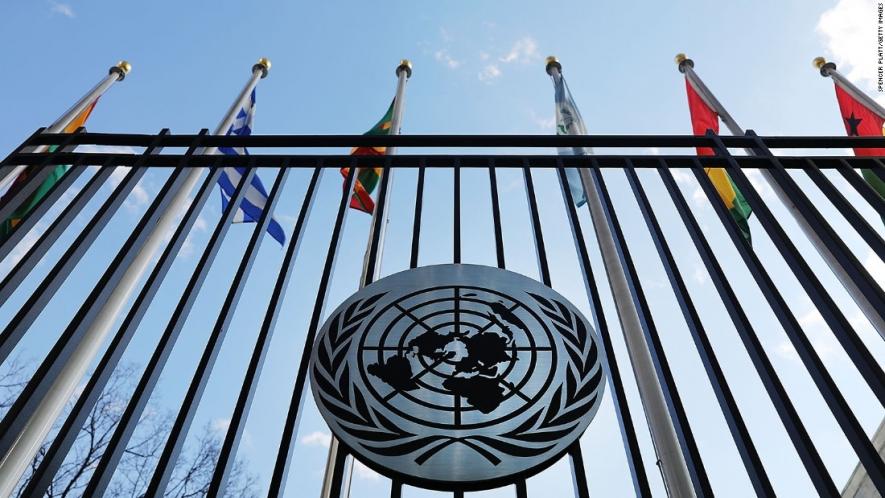Nearly Half a Billion People in Asia-Pacific Undernourished: UN

Bangkok: Nearly half a billion people in Asia are hungry and lack access to adequate nourishing food, including in the region's largest cities, said a new report by the UN food security agency on Friday.
While Asia has experienced rapid economic development, little headway has been made in tackling hunger and an estimated 486 million people remain undernourished, according to a report launched by UN's Food and Agriculture Organization (FAO).
"Progress has stagnated," says the report, which was written in conjunction with three other UN agencies -- UN Children's Fund, World Food Programme and the World Health Organisation.
According to FAO estimates, the number of undernourished people remained static in East and Southeast Asia following significant reductions from 2005-2015, and actually increased by 200,000 people in Oceania.
The most vulnerable in the region also got hungrier: Almost 20 million more people experienced "severe food insecurity" in 2017 compared to 2016, mostly in South and Southeast Asia.
The TIME cited the report as saying that the picture doesn't get better in cities, where sufficiently nutritious food may not be plentiful or affordable.
The report cited a survey in the Thailand's capital that found more than one-third of children were not receiving a "minimally acceptable diet". In Pakistan, the figure was 96 per cent.
Despite significant strides towards reducing poverty, "an unacceptably large number of children" still face malnourishment across the region, the FAO said.
The report found that 79 million children under five across in the region were stunted or prevented from reaching their full height.
While the stunting rate was lower in East Asia, it exceeded 30 per cent of all children in South Asia and Oceania and approached 50 per cent in Papua New Guinea and Timor-Leste.
It said that many children in Asia's urban areas were at an increasing risk of obesity, with diets relying on "cheap and convenient unhealthy processed foods".
The report identified two underlying factors to persistent hunger in the region: climate change-related disasters and access to clean water.
Natural disasters like droughts, flooding and extreme temperatures can reduce agricultural output, affecting food availability for consumers and livelihoods for farmers as well as prompting disease outbreaks.
The report said that poor hygiene also contributed to malnutrition, with an estimated 1.4 billion people still lacking access to basic sanitation.
The region also accounted for some 70 per cent of the people in the world who practise open defecation, including 522 million people in India and 32 million in Indonesia, according to the report.
In addition to spreading disease, "open defecation renders women and girls vulnerable to gender-based violence", it said.
Get the latest reports & analysis with people's perspective on Protests, movements & deep analytical videos, discussions of the current affairs in your Telegram app. Subscribe to NewsClick's Telegram channel & get Real-Time updates on stories, as they get published on our website.
























